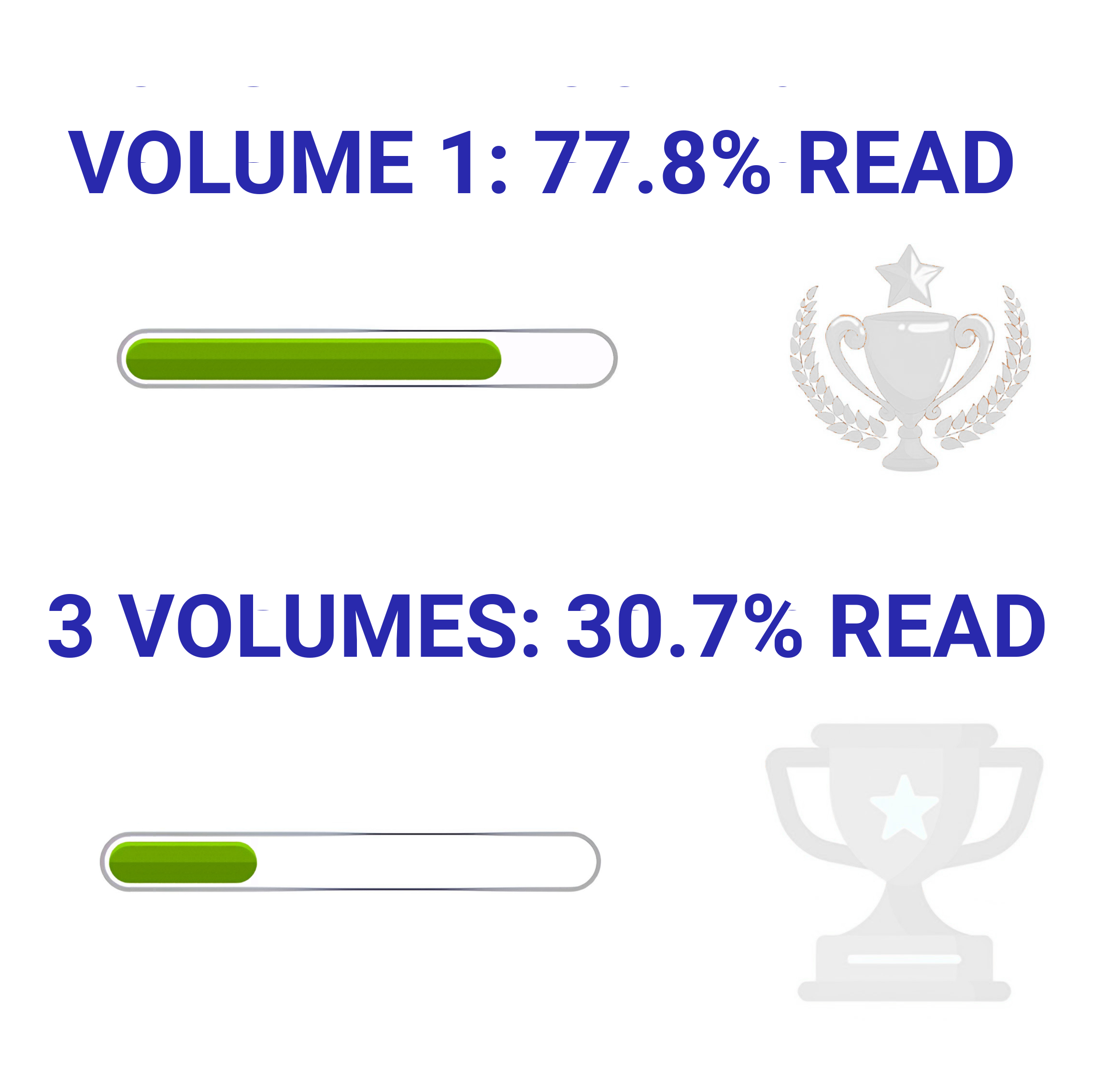Sorry I didn't post this on Sunday or Monday I just forgot.
Explain the bookclub: We are reading Volumes 1, 2, and 3 in one year and discussing it in weekly threads. (Volume IV, often published under the title Theories of Surplus Value, will not be included in this particular reading club, but comrades are encouraged to do other solo and collaborative reading.) This bookclub will repeat yearly. The three volumes in a year works out to about 6½ pages a day for a year, 46⅔ pages a week.
I'll post the readings at the start of each week and @mention anybody interested. Let me know if you want to be added or removed.
Just joining us? You can use the archives below to help you reading up to where the group is. There is another reading group on a different schedule at https://lemmygrad.ml/c/genzhou (federated at [email protected] ) which may fit your schedule better. The idea is for the bookclub to repeat annually, so there's always next year.
Archives: Week 1 – Week 2 – Week 3 – Week 4 – Week 5 – Week 6 – Week 7 – Week 8 – Week 9 – Week 10 – Week 11 – Week 12 – Week 13
Week 14, April 1-7. We are reading Vol.1.Ch.24 parts 4 and 5, and Vol.1.Ch.25 parts 1,2, and 3
In other words, aim to get up to the heading 'Section 4 - Different Forms of the Relative surplus population. The General Law of Capitalistic Accumulation' by Sunday.
Discuss the week's reading in the comments.
Use any translation/edition you like. Marxists.org has the Moore and Aveling translation in various file formats including epub and PDF: https://www.marxists.org/archive/marx/works/1867-c1/
Ben Fowkes translation, PDF: http://libgen.is/book/index.php?md5=9C4A100BD61BB2DB9BE26773E4DBC5D
AernaLingus says: I noticed that the linked copy of the Fowkes translation doesn't have bookmarks, so I took the liberty of adding them myself. You can either download my version with the bookmarks added, or if you're a bit paranoid (can't blame ya) and don't mind some light command line work you can use the same simple script that I did with my formatted plaintext bookmarks to take the PDF from libgen and add the bookmarks yourself.
Audiobook of Ben Fowkes translation, American accent, male, links are to alternative invidious instances: 1 – 2 – 3 – 4 – 5 – 6 – 7 – 8 – 9
Resources
(These are not expected reading, these are here to help you if you so choose)
-
Harvey's guide to reading it: https://www.davidharvey.org/media/Intro_A_Companion_to_Marxs_Capital.pdf
-
A University of Warwick guide to reading it: https://warwick.ac.uk/fac/arts/english/currentstudents/postgraduate/masters/modules/worldlitworldsystems/hotr.marxs_capital.untilp72.pdf
-
Reading Capital with Comrades: A Liberation School podcast series - https://www.liberationschool.org/reading-capital-with-comrades-podcast/

Chapter 25 and its first three sections are also really good. Can't say I heard anyone talk about like value composition or like technical and organic composition of capital before? So that's really new. I found these really interesting
Also I really like Marx going into centralization and along with clarifying differences between centralization and like concentration. Since I had some like misunderstandings over that? But Marx cleared it up. Thinking like, centralization was tied to concentration. But Marx made it cleared it's not. Also this sounded like financial capitalism?
Marx also like had a really big footnote in this chapter with Malthus. Also like going to the periods and cycles of capitalism along with like the industrial reserve army. Really reminded me of how important dialectical materialism is for this. And speaking of misunderstandings, I think I had a misunderstanding from like the last few chapters with population where Marx also cleared it up when talking about the reserve army. Not entirely just the seeking of more people, but more like, the composition of like active and reserve army. Along with how like, that technical composition of capital, where like. Constant capital grows more while variable capital is less as capital wants to employ lesser people, or use overwork.
Along with this, it reminded me how much of like, how machinery is a form of class warfare like Marx mentioned before? I also really like the ending to section 3. that ill just quote here in a spoiler tag, since it's big. But like it just really good. And it's a nice thing to end the week off on.
spoiler